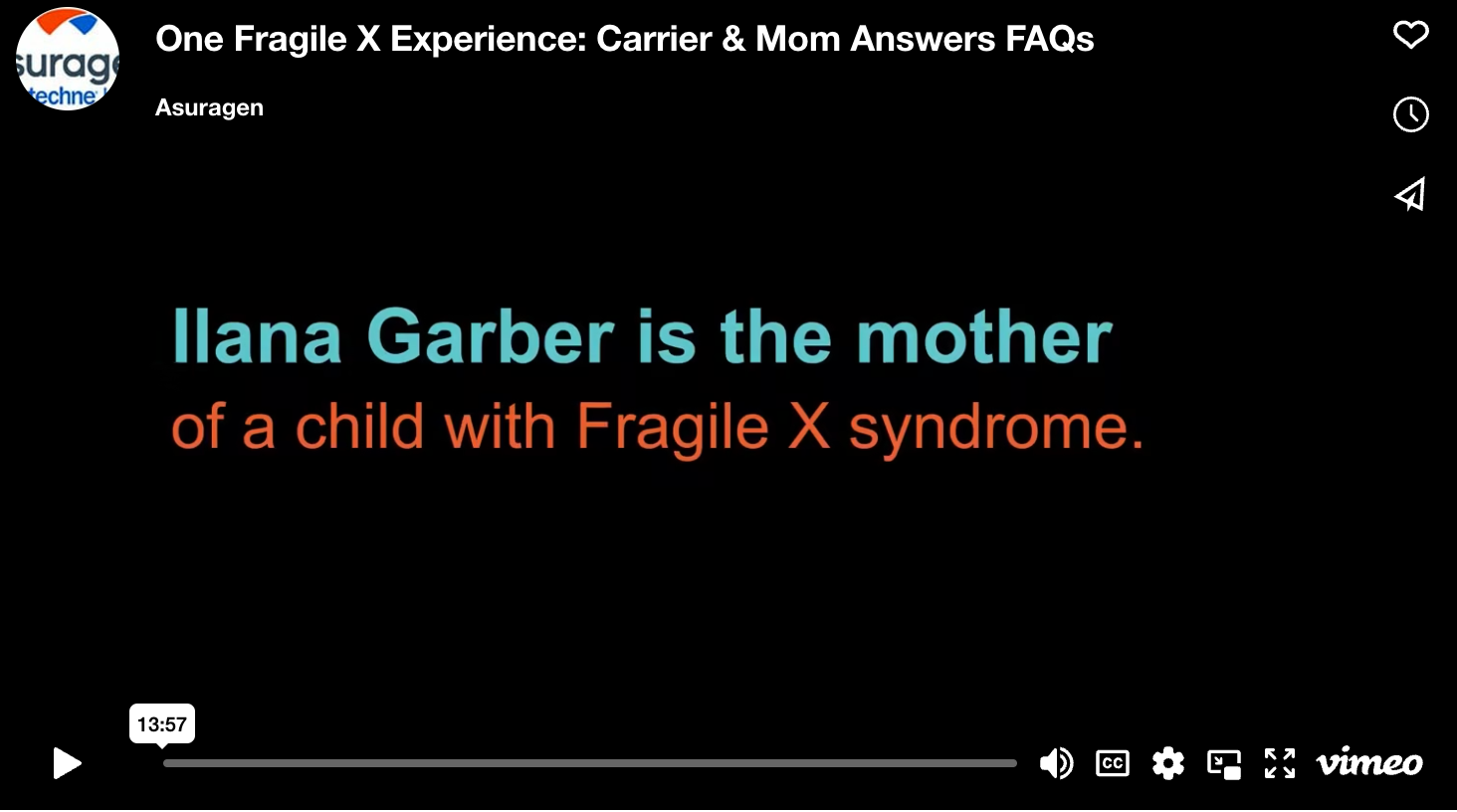About the Panelists

Emily Allen
Emily Allen, PhD, graduated from the University of Georgia with a bachelor’s degree in biology and Emory University with a PhD in genetics. She has worked on studies of Fragile X-associated disorders at Emory University with Dr. Stephanie Sherman since the early 2000s. Her primary research focus has been on disorders and characteristics associated with the Fragile X premutation, such as Fragile X-associated primary ovarian insufficiency (FXPOI) and Fragile X-associated tremor/ataxia syndrome (FXTAS).

Heather Hipp
Heather Hipp, MD, is an associate professor at the Emory University School of Medicine and works at the Emory Reproductive Center caring for patients with reproductive endocrine disorders and infertility.
Dr. Hipp helped author the recent Fragile X Clinical & Research Consortium guidelines for FXPOI (Fragile X-associated primary ovarian insufficiency). Dr. Hipp is board certified in obstetrics and gynecology (OB-GYN) and reproductive endocrinology and infertility (REI). She maintains a special clinical interest in women with primary ovarian insufficiency (POI), working to care for their overall health and reproductive needs. She currently serves as the subspecialty resident educator for the REI rotation, is the program director for the REI fellowship, and is the director for the Emory Egg Bank. Dr. Hipp is also an advisor in the NFXF’s Research Readiness Program.
Dr. Hipp graduated from Duke University with double majors in biology and English and then matriculated at Emory University for her doctorate and graduated cum laude. She stayed at Emory for her residency in gynecology and obstetrics, where she served as administrative chief resident for her final year and her fellowship in reproductive endocrinology and infertility. During her fellowship in REI, she worked with Emory’s National Fragile X Center on ongoing analysis of genetic modifiers of POI in women with the Fragile X premutation.

Cecilia Bouska
Cecilia Bouska, MS LCGC, is a genetic counselor at Children’s National Hospital in Washington, DC.




